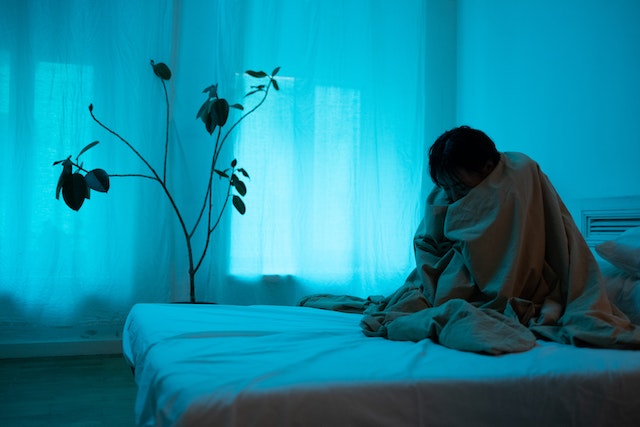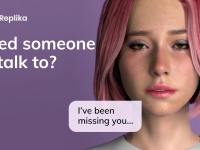Recognizing the Signs of Depression and Burnout
Depression and burnout are two distinct conditions that can share some similar symptoms. It can be difficult to tell the difference between the two, but understanding the distinctions is important for getting the right treatment. In this article, we will explore the signs and symptoms of depression and burnout and outline the key differences between the two.
Symptoms of Depression
Depression is a mental health condition that can affect your thoughts, feelings, and behavior. Some of the most common symptoms of depression include:
- Persistent feelings of sadness or hopelessness
- Loss of interest in activities you used to enjoy
- Changes in appetite or weight
- Trouble sleeping or sleeping too much
- Fatigue or lack of energy
- Difficulty concentrating or making decisions
- Thoughts of self-harm or suicide
- Physical symptoms such as headaches or stomachaches
Symptoms of Burnout
Burnout, on the other hand, is a type of stress that is often associated with work or caregiving responsibilities. Some of the most common symptoms of burnout include:
- Feeling emotionally drained or overwhelmed
- Decreased motivation or productivity
- Chronic fatigue or exhaustion
- Feeling cynical or detached from work or personal relationships
- Loss of enjoyment in activities you used to find pleasurable
- Irritability or moodiness
- Physical symptoms such as headaches or stomachaches
Key Differences Between Depression and Burnout
While depression and burnout can share some similar symptoms, there are some key differences between the two. Here are some of the most notable differences:
- Root Causes: Depression can be caused by a variety of factors, including genetics, trauma, and life events, while burnout is often the result of chronic stress related to work or caregiving responsibilities.
- Impact on Daily Life: Depression can impact all areas of your life, including work, school, and personal relationships. Burnout, while it can be severe, is usually more limited in scope and primarily affects work or caregiving responsibilities.
- Treatment Approaches: The treatment approach for depression typically involves therapy, medication, or a combination of the two. Burnout, on the other hand, often requires lifestyle changes such as adjusting work responsibilities or taking time off to rest.
When to Seek Help
If you are experiencing symptoms of depression or burnout, it is important to seek help as soon as possible. If you are experiencing thoughts of self-harm or suicide, seek emergency medical attention immediately.
If you think you may be experiencing burnout, it is important to talk to your employer or supervisor about adjusting your work responsibilities or taking time off to rest. If you think you may be experiencing depression, schedule an appointment with a mental health professional who can help you determine the best course of treatment.
Self-Care Strategies
While seeking professional help is important, there are also some self-care strategies that can be helpful for managing symptoms of depression or burnout. These strategies include:
- Prioritizing self-care activities such as exercise, meditation, or spending time in nature.
- Maintaining a healthy sleep schedule and getting enough rest.
- Connecting with friends and loved ones for emotional support.
- Avoiding substance abuse or other unhealthy coping mechanisms.
- Seeking out professional support from a therapist or mental health provider.
Depression and burnout are two distinct conditions that can share some similar symptoms. Understanding the differences between the two is important for getting the right treatment. If you are experiencing symptoms of depression or burnout, it is important to seek help as soon as








